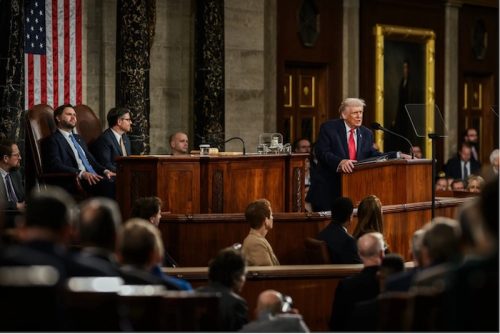Artificial intelligence (AI) has the potential to help every sector of the economy. There is a challenge, though, in sectors that have fuzzier analysis and the potential to train with data that can continue human biases. A couple of years ago, I described the problem with bias in an article about machine learning (ML) applied to criminal recidivism. It’s worth revisiting the sector as time have changed in how bias is addressed. One way is to look at sectors in the legal profession where bias is a much smaller factor.
Tax law has a lot more explicit rules than, for instance, do many criminal laws. As much as there have been issues with ML applied to human resource systems (Amazon’s canceled HR system), employment law is another area where states and nations have created explicit rules. The key in choosing the right legal area. What seems to be the focus, according to conversations with people at Blue J Legal, is the to focus on areas with strong rules as opposed to standards. The former provide the ability to have clear feature engineering while that later don’t have the specificity to train an accurate model.”
Blue J Legal arose from a University of Toronto course started by the founders, combining legal and computer science skills to try to predict cases. The challenge was, as it has always been in software, to understand the features of the data set in the detail needed to properly analyze the problem. As mentioned, the choice of the tax system was picked for the first focus. Tax law has a significant set of rules that can be designed. The data can then be appropriately labeled. After their early work on tax, they moved to employment.
The products are aimed at lawyers who are evaluating their cases. The goal is to provide the attorneys statistical analysis about the strength and weaknesses of each case.
Law is an interesting avenue in which to test the integration between AI and people. Automation won’t be replacing the lawyer any time soon, but as AI evolves it will be able to increasingly assist the people in the industry, to become more educated about their options and to use their time more efficiently. It’s the balance between the two that will be interesting to watch.
The original article can be found here.
According to the Michael Dukakis Institute for Leadership and Innovation (MDI), the Artificial Intelligence World Society (AIWS) has been established for the purpose of promoting ethical norms and practices in the development and use of AI. AI can be an important tool to serve and strengthen democracy, human rights, and the rule of law. Besides, AI World Society Innovation Network (AIWS-IN), which is part of AIWS, is created to identify, publish and promote principles for the virtuous application of AI in different domains including healthcare, education, transportation, national security, and other areas.










